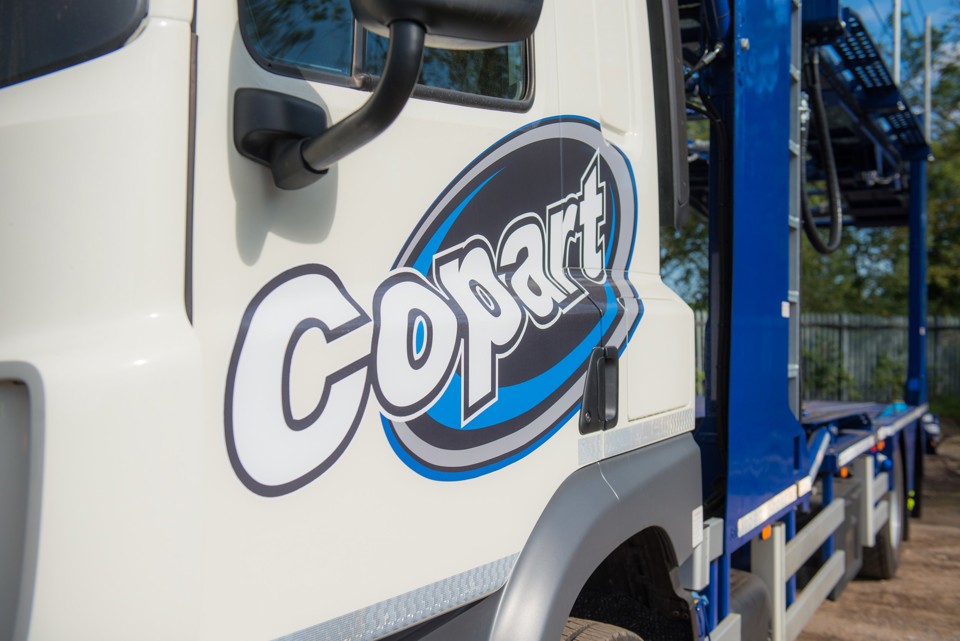The Competition and Markets Authority (CMA) has fined Copart, a supplier of vehicle salvage services, £2.5 million.
The fine was for failing to comply with an initial enforcement order imposed by the CMA during its investigation into Copart’s purchase of Hills Motors, with three breaches identified.
The order had required the merging businesses to operate separately pending the outcome of the CMA’s investigation.
That investigation was concluded in July, with the CMA deciding that the merger with Hills Motors did not give rise to competition concerns in the supply of salvage services.
However, during the initial enforcement order (IEO), which was imposed in August 2022 at the start of the investigation and ran until July 2023 when it concluded, Copart was restricted from doing anything which could impact the investigation, except with the prior written consent of the CMA.
It included ensuring the Copart and Hills Motors businesses were carried on separately and that the Hills Motors business’s separate sales identity was maintained.
Furthermore, any negotiations with any existing or potential customers in relation to the Hills Motors business were carried out by the Hills Motors business alone, and Copart did not enter into any joint agreements with Hills Motors
The three breaches involved three requests for proposals (RFPs) for the supply of salvage and related services issued by three unnamed insurers.
It found that Copart submitted and continued to negotiate (in particular by continuing negotiations during the specified period with the respective prospective customers) proposals that combined elements of the Hills Motors business with the Copart business.
Specifically, each proposal was submitted as a single proposal, in Copart’s name, and was negotiated on this basis, with each proposal including the offer of an in-house recycled parts service, which could only be provided by the Hills Motors business (and not by Copart’s own pre-merger operations).
While the insurer one and insurer two proposals were submitted before the IEO was imposed, Copart continued to negotiate these proposals after the IEO came into force.
The insurer three proposal was both submitted and negotiated after the imposition of the IEO.
For the first and second breach, the CMA has issued Copart with a £650,000 fine for each, along with a fine of £1.2m for the third breach.
The CMA report says that interim measures are of “vital importance” to the functioning of the UK’s voluntary merger control regime.
“They play a critical role in preventing pre-emptive action, which might prejudice the outcome of a reference or impede the taking of any appropriate remedial action,” it explained.
“This includes action which might impact the premerger competitive structure of the market during the period of the CMA’s investigation.”
The CMA ruled that the three breaches had an adverse impact its investigation, as they might have prejudiced the reference or impeded the taking of any necessary remedial action.
It also found that these failures to comply were “significant” and the evidence available to the CMA shows that they took place with the knowledge and/or involvement of Copart senior management.
It concluded: “In view of Copart’s size and financial position, the seriousness of the breaches, the aggravating factors, and the absence of mitigating factors, the CMA considers that penalties cumulatively totalling £2.5m constitute appropriate and proportionate penalties for Copart’s failures to comply with the IEO.”
Copart has been approached for a comment.























Login to comment
Comments
No comments have been made yet.